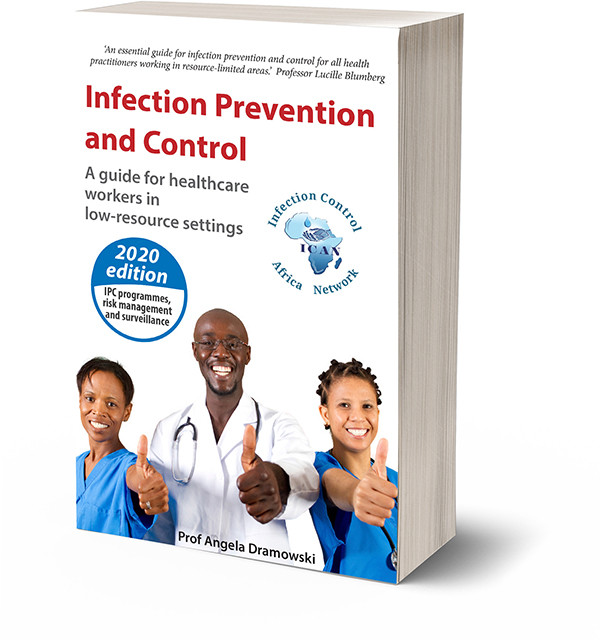Quiz 10: Childhood infections
Please choose the one, most correct answer to each question or statement.
- What are the first clinical sign in the presentation of measles?
- A rash.
- Mouth ulcers.
- Fever, conjunctivitis and cough.
- Loose stools and abdominal pain.
- What is the incubation period of measles?
- 10 days until the child becomes generally ill.
- 10 days until Koplik spots appear.
- 2 weeks until coughing starts.
- 3 weeks until the rash appears.
- What is an important complication of measles?
- Deafness.
- Arthritis.
- Meningitis.
- Pneumonia.
- Children with measles should all receive:
- Vitamin A.
- Vitamin B.
- Vitamin C.
- Vitamin D.
- Which of the following is a notifiable infection in South Africa?
- Mumps.
- Whooping cough.
- Measles.
- Chickenpox.
- Chickenpox may be caught by children in contact with adults suffering from:
- Fever blisters.
- Shingles.
- Diarrhoea.
- Bird flu.
- What is the typical feature of a chickenpox rash?
- It is a pink, blotchy maculopapular rash.
- It itches.
- It is most severe on the arms and legs.
- It only presents 4 days after the child becomes ill.
- Mouth ulcers may be seen with:
- Measles.
- Mumps.
- Chickenpox.
- Diphtheria.
- Mumps presents with:
- A rash.
- Generalised lymphadenopathy.
- Tender, swollen parotid glands.
- Enlarged liver and spleen.
- A complication of mumps in adolescents is:
- Orchitis (inflammation of the testes).
- Stridor.
- Otitis media.
- Cirrhosis.
- An important complication of severe herpes stomatitis is:
- High fever.
- Dehydration.
- Jaundice.
- Enlarged parotid glands.
- Severe herpes stomatitis should be managed with:
- Acyclovir.
- Penicillin.
- Tetracycline.
- Nystatin.
- Why should an adult with fever blisters not kiss a child?
- It may cause measles.
- It may cause shingles.
- It may cause mumps.
- It may cause herpes stomatitis.
- Acute viral hepatitis in children is usually due to:
- Hepatitis A virus.
- Hepatitis B virus.
- HIV.
- Ebstein-Barr virus.
- Infants at birth may be infected with:
- Measles virus.
- Varicella-zoster virus.
- Polio virus.
- Hepatitis B virus.
- Hepatitis A in children can be prevented by:
- Avoiding contaminated blood transfusions.
- Using clean water and good sanitation.
- Not attending pre-schools.
- Taking prophylactic antibiotics.
- Danger signs in acute hepatitis include:
- Jaundice for a week.
- Tender abdomen with an enlarged liver.
- Drowsiness.
- Loss of appetite.
- Tick-bite fever usually presents with:
- A vesicular rash.
- Severe headache.
- Heart failure.
- Dark urine.
- Tick-bite fever in older children is best treated with:
- Penicillin.
- Erythromycin.
- Doxycycline.
- Artemisinin.
- Acute conjunctivitis should be treated with;
- Topical antibiotics.
- Oral antibiotics.
- Topical steroid drops.
- Oral steroids.

